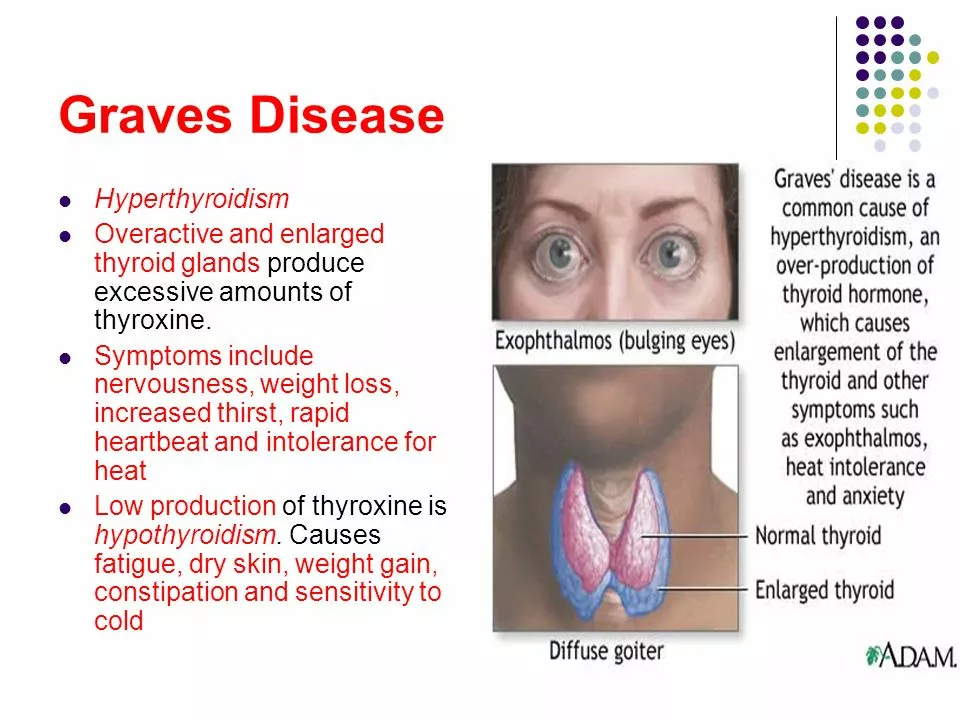Hyperthyroidism: What It Feels Like and What You Can Do
Too much thyroid hormone speeds up many parts of your body — heart racing, weight loss, sleepless nights. Hyperthyroidism is common and treatable, but it can cause real harm if you ignore it. Read on for clear, practical steps to spot it, test for it, and choose treatment that fits your life.
How doctors diagnose hyperthyroidism
If you notice unexpected weight loss, a fast pulse, anxiety, heat intolerance, or shaky hands, that’s a signal to check thyroid function. The simplest test looks at TSH (thyroid-stimulating hormone) and free T4/T3 levels. In hyperthyroidism, TSH is usually low and free T4 or T3 is high.
Doctors may also order antibody tests. A positive TSI (thyroid-stimulating immunoglobulin) points to Graves’ disease, the most common cause. For certain cases, a radioactive iodine uptake scan shows how much iodine your thyroid absorbs — high uptake suggests overactive thyroid tissue.
If you have eye signs like bulging eyes, double vision, or red, painful eyes, mention that. Those symptoms can mean Graves’ ophthalmopathy and may need both an eye and thyroid specialist involved.
Treatment options and what to expect
There are three main treatments: antithyroid medicines, radioactive iodine, and surgery. Your age, cause, severity, pregnancy plans, and personal preference guide the choice.
Antithyroid drugs: Methimazole and propylthiouracil (PTU) block hormone production. Doctors usually choose methimazole except in early pregnancy, where PTU may be preferred for the first trimester. Expect blood tests every 4–6 weeks at first to adjust doses. Side effects are uncommon but include rash and, rarely, lowered white blood cells — report fever or sore throat right away.
Radioactive iodine (RAI) destroys thyroid cells with a small pill. It’s quick and often effective but can lead to underactive thyroid (hypothyroidism), which you treat long-term with levothyroxine. RAI is not used during pregnancy or breastfeeding.
Surgery (thyroidectomy) removes part or all of the thyroid. Surgeons may recommend it for large goiters that press on the windpipe, suspicious nodules, or when rapid control is needed. Surgery also carries risks like low calcium or nerve injury to the voice; discuss these with your surgeon.
Beta blockers such as propranolol don’t fix the thyroid problem but help symptoms fast — they slow a racing heart and reduce tremor while other treatments start working.
Lifestyle tips that help: avoid excessive iodine (skip seaweed and kelp supplements), limit caffeine if you have palpitations, and make sure you get enough calcium and vitamin D for bone health. Exercise gently and tell any new doctor or dentist you have a thyroid condition when medicines are prescribed.
When to see a doctor: if you have new palpitations, unintentional weight loss, worsening tremor, sudden eye changes, or symptoms during pregnancy. Hyperthyroidism can worsen heart rhythm problems and bone loss over time, so early care pays off.
If you need help sorting tests, treatment choices, or side effects, bring a list of symptoms, current meds, and any supplements to your appointment. A clear plan with regular follow-up makes hyperthyroidism manageable — and usually curable or well controlled.


